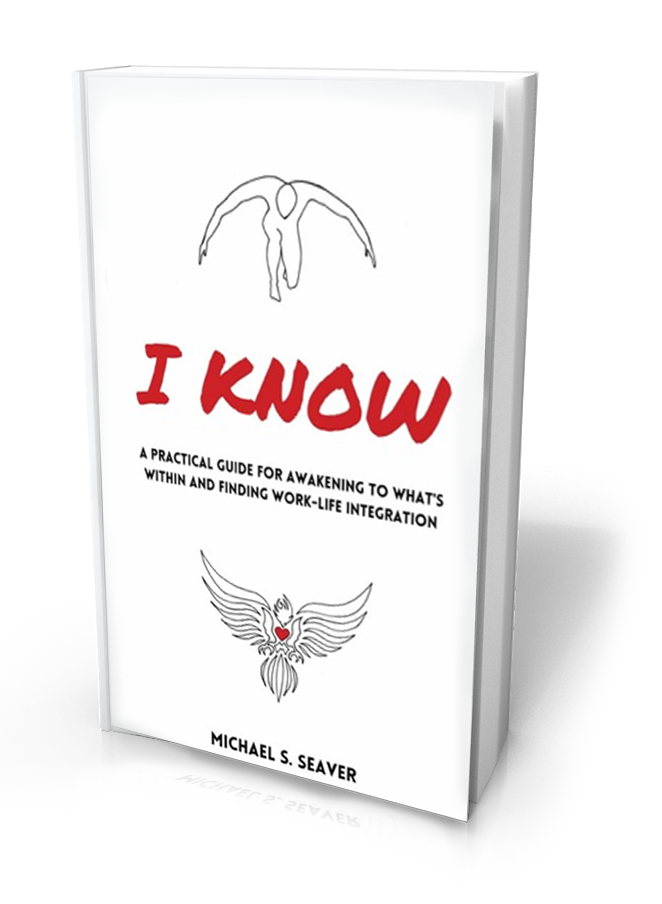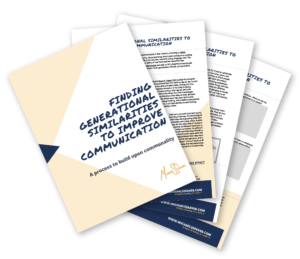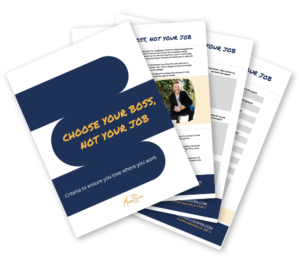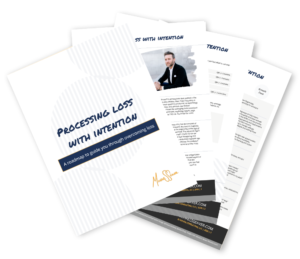In a recent speech delivered to top U.S. education policymakers at the 2014 National Forum on Education Policy (sponsored by the Education Commission of the States) Gallup’s Executive Director of Education, Brandon Busteed, discussed the need to create an “Educonomy”. Busteed emphasized that education leaders need to measure and focus on the outcome that matters most to Americans: finding a great job. There is little more important than to shift away from the deficit-based approach to systemic learning westerners use to a seamless integration of our educational system, our employers, and our entrepreneurial energy.
According to Gallup’s research, Americans no longer go to college to get a degree; they go to get a job. In the 21st century, the rate of available knowledge is expanding exponentially and the cost of attaining that knowledge is virtually free. You’ll never compete again for jobs or clients based on what you know, but rather in the application of that knowledge. Here’s a great TED Talk on a new definition of intelligence.
Although knowledge is nearly free, the cost of undergraduate and graduate degrees is increasing. Because degrees don’t always lead to meaningful work, you may want to create a new mindset where you proactively learn (from books, online courses, in-person degrees, etc.) and do (proactive and purposeful experiential application) every day. Check out my blog about continual learning. As you consider how to balance your full-time job with the attainment of additional degrees or certificates, I encourage you to establish a strong emotional support structure first. Gallup found that people who were emotionally supported while in school had double the engagement levels of the average student. Without emotional support from loved ones or colleagues, you’re likely to be less engaged, focus more on your weaknesses, and not pull maximum value from your experiences.
If you have a strong support structure around you, I offer the following 80/20 methodology of how you can devote time to the continual learning process and job search. Just because you have a good job today doesn’t mean you’ll be doing the same work next week… the 21st century career search is continual. According to ere.net, less than 25% of career opportunities are posted online. The vast majority of your future jobs, board positions, and volunteer assignments will come to you because you are being recommended and referred into them. Achieving your career goals is correlated to your ability to build meaningful relationships and proliferate your personal brand through key channels.
20% – Online
To best avail yourself to knowledge and jobs in a specific industry, review your target company’s websites regularly and set up saved job searches on LinkedIn, SimplyHired, Indeed, and niche boards. Have the jobs emailed to you weekly. This is a reactive approach to career development, but it will provide you with an idea of what companies are hiring for what jobs. As you begin to apply to jobs on these sites, be sure to know your personal brand and tailor your cover letter and resume to each job. To help you standout, check out my blog about what recruiters want from qualified candidates.
80% – Relationships
The vast majority of your career opportunities will come from “weak ties” – the friend of your friend. To access this hidden market, establish a process for connecting to people recurrently. It might take three or four touch points with someone before he/she trusts you enough to discuss advancing your career. Build and manage recurrent relationships through the following:
- Current Connections – continually generate value for your first level connections, and as the need arises, ask for recommendations or introductions to individuals in their networks,
- Alumni Association – tap into both your undergraduate and/or graduate degree alumni association by attending events or conducting informational interviews with alumni in your target companies,
- LinkedIn – separate from the jobs functionality referenced above, be active posting meaningful comments, connecting others, writing recommendations for colleagues,
- Professional Associations – leverage these for access to subject matter experts, a specialized body of knowledge, and connections in your target companies,
- Volunteering – not only will it feel good intrinsically, but strategically give time to charitable organizations tied to companies you’re targeting as your next employer,
- Boards of Directors – serving on boards will give you the opportunity to positively impact a company, but also display your thought leadership, and grow additional skills, and
- Executive Search Consultants – a developing relationship with a recruiter with strong ties to the industry you’d like to work in may open doors to senior level executives you wouldn’t normally have access to.
By being great at your full-time job and devoting purposeful time each month to the above channels, you will become well known in your community and open doors (both full-time and entrepreneurially) you may have previously thought impossible.
Busteed also mentioned that Gallup found that hope is a stronger predictor of student success post degree than GPA, test scores, or graduation rate. Typically, the longer a person is in school, the less engaged they are. By surrounding yourself with people who care about your development, you are much more likely to be success ready with high levels of hope, engagement, and well being. I encourage you to use the above channels to find meaningful long-term projects that allow you to learn continually and positively impact the community in which you live.
As you think about how to divide your time searching for your next job, spend roughly 20% of your time online and 80% building long lasting relationships. Devote a set number of hours each week to generating value for others, living your personal brand, and exploring opportunities that your network refers you to. Instead of taking the deficit-based approach and focusing on what’s wrong, re-focus on what’s strong about you and market your strengths and unique qualities accordingly.
In the “Educonomy”, every day is a chance to proactively learn, search for jobs online, build meaningful relationships… and achieve your life’s intent.
What are you waiting for?






Connect with me